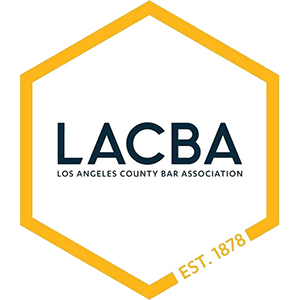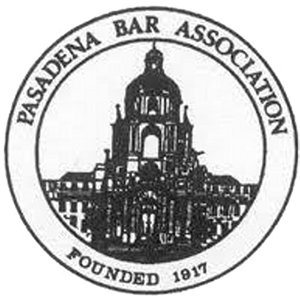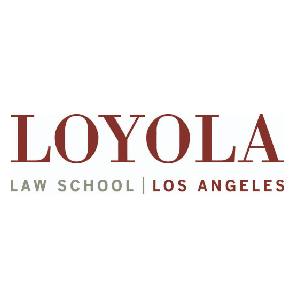Community Property
California is a community property state which means that, if the parties did not execute a prenuptial agreement, all assets acquired during the marriage are community property, entitling each spouse to a one-half interest in that asset. However, all assets acquired prior to the marriage or after separation are separate property.
The date of separation is factually arguable as either the date of the filing of the divorce petition or the date spouses physically separate from each other (and one spouse intends and acts to end the marital relationship). The exact date selected is important because the acquisition of assets or debts after the date of separation by either spouse will be considered separate property.
The parties must place a monetary value for each category of community or separate property. Either party may prove asset value based on: personal knowledge of the item, online research tools such as Kelly Blue Book, or through an expert report.
Family Business
Generally, if a business began during the marriage with funds earned by either party during the marriage then the business is a community asset equally owed by the parties, no matter whose name in on the stock or in whose name the business is owned. In this instance, it may be necessary to determine the value of the business so as to divide this community asset. Determining the value of a family business can be extremely complicated not only because businesses may be inherently complicated to value, but also because self-employed spouses business valuation or income determination directly effects both the buy-out amount due to the other spouse as well as future child support or spousal support. The court will consider the financial records of businesses including tax returns, profit and loss statements, balance sheets, and customer invoices to determine the value and income of a small business.
Family Residence
Generally, if real property was purchased during the marriage with funds earned during the marriage then each party owns one half of the equity at the time of dissolution. If one party used separate funds to purchase the residence during the marriage, but community property income paid down the mortgage during the marriage, then the party who contributed separate funds to the purchase price is entitled to be reimbursed their investment. The remaining equity would then be split between the parties. If a residence was purchased prior to marriage by one party, but community funds were used to pay down the mortgage during the marriage, the community still has an interest in the home and equity that is subject to division by a court at the time of divorce. If one party cannot afford to buy-out the other parties’ equity (with money or other assets) in the family residence, then it may be necessary to sell the family residence and split the proceeds, if any, after the mortgage(s) and other community debts are paid.
Asset Allocation
- Real and personal property, including homes, furnishings, appliances, electronics, vehicles, jewelry, furnishings and other personal possessions must be allocated by parties agreement, through counsel, or by the court during a divorce.
- Bank accounts, including savings, checking, cash, investments (stocks, bonds, mutual funds), retirement accounts (401(k), pension) must be allocated by the parties by agreement, through counsel, or by the court, during divorce.
- Family business, including its assets and management, must be allocated by the parties by agreement, through counsel, or by the court, during divorce.
Debt Allocation
- Real property loans, mortgages, and lines of credit must be allocated to be paid be either or both parties.
- Personal loans, credit cards, tax obligations, and other debts must be allocated to be paid by either or both parties.
- Student loans must be allocated to be paid by either or both parties.
Nonetheless, spouses may and often do agree, though counsel, to value and split their assets & debts in any manner they desire (Family Code §2550(e)).
Divorce and Property Division Attorney in Los Angeles
If you want to pursue a divorce or legal separation, do not hesitate to contact Counts Law Firm. Emahn Counts is an experienced Los Angeles divorce attorney who has years of experience in handling divorce and other types of family law matters. Emahn Counts gets to the heart of the issue, and works with clients to efficiently resolve them.
Call Counts Law Firm today at (626) 463-7300 or contact us online to schedule a free consultation with a family law attorney.







